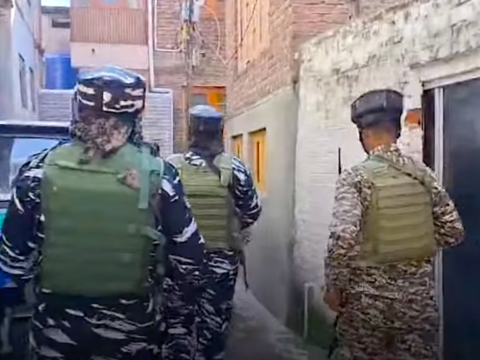DOHA, Qatar (Diya TV) – A Qatar court has responded favorably to India’s appeal against the death penalty imposed on eight former Indian Navy personnel, accused of espionage. The court has indicated that a hearing date will be scheduled after a thorough examination of the appeal.
The eight individuals, identified as Commander Purnendu Tiwari, Commander Sugunakar Pakala, Commander Amit Nagpal, Commander Sanjeev Gupta, Captain Navtej Singh Gill, Captain Birendra Kumar Verma, Captain Saurabh Vasisht, and Sailor Ragesh Gopakumar, were apprehended in August 2022 by Qatar’s intelligence agency on charges of spying. The Court of First Instance in Qatar delivered the death sentence last month, following multiple rejections of their bail petitions.
India, seeking their release, has been granted consular access to the detainees. The Ministry of External Affairs has urged caution, emphasizing the sensitivity of the case and discouraging speculative discussions.
The arrested Indian Navy veterans boast distinguished service records of up to 20 years, holding pivotal roles, including instructor positions within the force. Family members, such as Meetu Bhargava, have appealed for governmental intervention to secure the return of their detained relatives. Bhargava, in a plea on June 8, reached out to Prime Minister Narendra Modi for assistance.
The Qatari court’s acceptance of India’s appeal marks a pivotal moment in the unfolding saga. The next hearing is anticipated to follow soon. India, expressing shock at the initial ruling, has committed to exploring all legal avenues to address the case.
The charges against the individuals, filed on March 25, remain undisclosed to the public. The accused, associated with the private company Al Dahra, faced arrest in the context of alleged espionage, with the incident leading to the closure of Al-Dhara Global’s operations in Doha.
As the legal proceedings progress, the Indian government, through the Ministry of External Affairs, continues to extend consular and legal support to the detained individuals. The case underscores the complex interplay between diplomatic efforts and legal strategies as India seeks justice for its citizens abroad.


